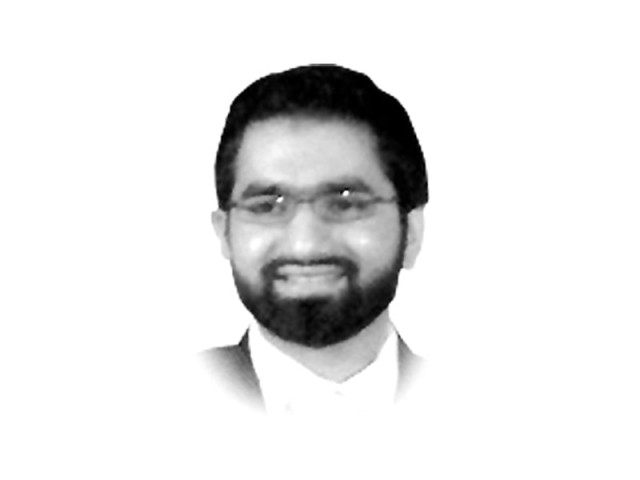Can changing one habit change our destiny?
Next time we’re standing in a line, let’s see if we can wait patiently for our turn. Now that would be real revolution

Habits are broken down into three steps by the brain, according to provocative insights from The New York Times bestselling book, The Power of Habit, by Charles Duhigg. First, the brain receives a ‘cue’, which triggers an automatic ‘routine’, followed by a ‘reward’, which confirms to the brain that the habit loop it followed was the right one. Think about the idea of going to the gym after work. In the morning, you take the gym bag to office, determined to go to the gym as soon as you get done with work. When you get done with work, your brain receives a cue that the body is tired and decides to follow the routine of going home and watching TV (the reward) instead of going to the gym as you had originally planned. In short, your habit overrules a conscious decision you had taken in the morning. Most of us try to break this habit with sheer willpower. We succeed for a few days and then go back to our old habits. The latest scientific research in this field shows this happens because we can’t actually break habits. We can only replace parts of them with a new habit.
What this research argues is that if you can identify the cue that triggers certain habits, you shouldn’t try to fight the cue (i.e., don’t tell yourself you aren’t tired at the end of your work day). Instead, change your reaction to this cue and give yourself the original reward you received in the old habit loop. This way, your cue and reward will stay the same but your new routine will help you change the impact of your habit loop. However, there’s one element you need to successfully recognise: belief. You cannot succeed if you don’t believe or visualise your ability to succeed. Taking this research a step further, Duhigg argues that there are certain keystone habits practiced by individuals — or societies — which can be changed to have a ripple effect of transforming all our habits positively. If you’ve heard of people who’ve hit rock-bottom in their lives — drug overdose, bankruptcy, broken relationships — and then turned around their lives completely, they can always identify that one moment when they replaced a keystone habit, which dramatically transformed the rest of their habits and life completely.
One of the most powerful forces of keystone habit change in Pakistani society is fasting in the month of Ramazan. Essentially, we’re changing one habit — not eating and drinking during the day — but the ripple effect of fasting has all sorts of positive outcomes from corruption going down to chain smokers giving up smoking. The discipline and spirituality of one act, forces us to be more disciplined and spiritual in other aspects of our lives. If we extrapolate this argument, we could identify one keystone Pakistani habit which, if changed, could change the destiny of this country.
What if we all learned to stand in a line without breaking it? We would learn to be patient and nice to each other, smash the idea of using our status to break lines and get used to being served on a first-come first-served basis (merit). Next time we’re standing in a line — at immigration, at a drive through, at the cashier — let’s see if we can wait patiently for our turn. Now that would be a real revolution.
Published in The Express Tribune, November 20th, 2014.
Like Opinion & Editorial on Facebook, follow @ETOpEd on Twitter to receive all updates on all our daily pieces.













COMMENTS
Comments are moderated and generally will be posted if they are on-topic and not abusive.
For more information, please see our Comments FAQ